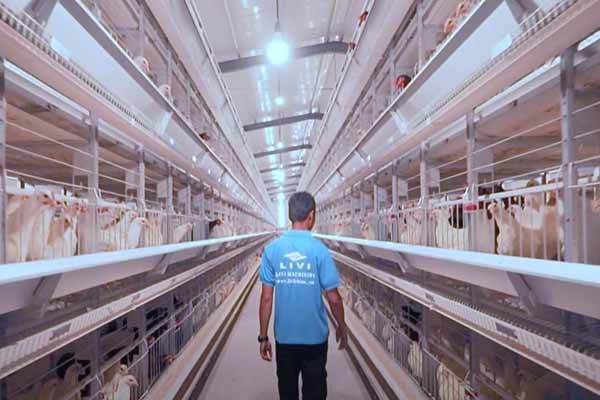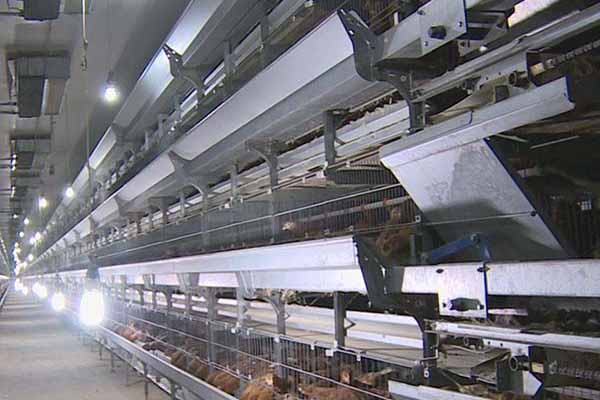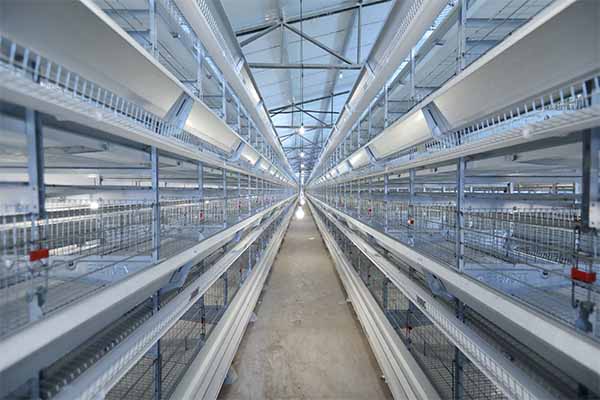Improving Kienyeji Chicken in Eldoret: A Comprehensive Guide
Time : 2025-05-14
Hey there, poultry enthusiasts and farmers in Eldoret! If you’re looking to boost the quality of your Kienyeji chickens, you’ve come to the right place. Kienyeji is a popular breed of chicken in Kenya, known for its delicious taste and adaptability to various environments. In this article, we’ll delve into the art of improving Kienyeji chickens in Eldoret. So, let’s get started!
Understanding Kienyeji Chickens
Kienyeji chickens are indigenous to Kenya, particularly in the Rift Valley region, including Eldoret. They are known for their rustic beauty and resilience, which makes them well-suited to local conditions. These birds have a rich brown plumage and are known for their excellent meat quality and flavor.
History and Origins
Originating from the local communities in Eldoret, Kienyeji chickens have been bred for generations to adapt to the harsh climate and terrain of the region. Their ancestors were crossbred with European and other local chicken breeds to enhance their traits over time.
The Importance of Improvement
As demand for Kienyeji chicken meat increases, it’s essential to improve the breed to meet consumer expectations and ensure sustainable farming practices. Let’s explore some ways to elevate the quality of Kienyeji chickens in Eldoret.

Breeding Techniques
Breeding is the cornerstone of any improvement program. Here are some key breeding techniques to consider:
- Selection of Parent Birds: Choose healthy, disease-resistant birds with desirable traits like good meat quality, size, and layability.
- Crossbreeding: Introduce bloodlines from other chicken breeds that complement the Kienyeji traits, enhancing growth rate, meat quality, and egg production.
- Genetic Diversity: Maintain a diverse gene pool by selecting birds from various backgrounds, reducing the risk of inbreeding and genetic diseases.
Feeding and Nutrition
A balanced diet is crucial for the health and growth of Kienyeji chickens. Here are some tips for an improved feeding regimen:
- High-Quality Feed: Provide a well-balanced diet rich in proteins, vitamins, and minerals. Local grains and legumes can be included in their diet.
- Free-Range Access: Encourage free-range access to grass, insects, and other natural food sources for better nutrition and growth.
- Regular Monitoring: Monitor their food intake and adjust the diet as needed to ensure optimal health and development.
Health Management
Keeping your Kienyeji chickens healthy is vital for their productivity and your farm’s success. Consider the following health management practices:
- Vaccination Programs: Implement a comprehensive vaccination schedule to protect your birds from common diseases.
- Regular Checkups: Have your chickens examined regularly by a veterinarian to detect and treat any health issues early.
- Sanitation: Maintain clean and hygienic living conditions to prevent the spread of diseases.
Raising Chickens in Eldoret: Local Challenges and Solutions
Eldoret’s unique climate and geography present specific challenges for chicken farming. Let’s address some common issues and their solutions:
Climate Adaptation
Eldoret’s weather can be unpredictable, with both extreme heat and cold. To adapt:
- Shelter: Provide adequate shelter with natural light and ventilation to protect birds from extreme temperatures.
- Water Supply: Ensure a constant supply of fresh water to prevent dehydration, especially during hot weather.
< h3>Land Management
h3>Land Management
Land in Eldoret is often used for agriculture, so managing space for chicken farming is crucial:
- Land Scarcity: Opt for high-density farming techniques, like deep litter systems, to maximize the use of space.
- Sustainable Practices: Implement sustainable land management practices to protect the environment and ensure long-term viability.
Conclusion
Improving Kienyeji chickens in Eldoret is a multi-faceted process that involves careful selection, nutrition, health management, and adaptation to local conditions. By implementing these strategies, you can produce high-quality chickens that meet the growing demand and contribute to the local economy.

Remember, success in poultry farming is not just about producing meat but also about doing so responsibly and sustainably. Keep learning, adapting, and sharing your knowledge with fellow farmers to create a thriving chicken industry in Eldoret.
, , , , , , ,











